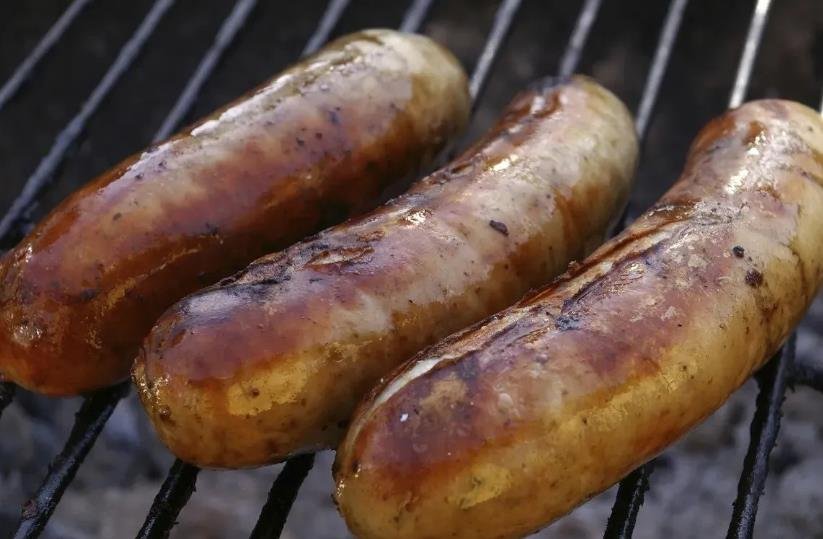In the wake of Brexit, UK Members of Parliament are pressing for greater clarity regarding the new border checks on food imports from the European Union. The call for transparency comes amid concerns over potential delays at ports and the impact on the nation’s food supply chain. This article delves into the complexities of the issue, the government’s response, and the implications for businesses and consumers alike.
The UK’s departure from the EU has ushered in a new era of border controls, with MPs questioning the government’s preparedness for the imminent checks. Scheduled to commence next week, these checks are part of the Border Target Operating Model (BTOM) plan, focusing initially on medium and high-risk plant and animal imports. However, reports suggest a possible scaling back due to apprehensions about readiness and the risk of border delays.

The Environment, Food and Rural Affairs Select Committee (EFRA) has sought explicit details from the government on the nature of the physical inspections and the phased approach to sanitary and phytosanitary (SPS) checks. The uncertainty surrounding these measures has left ports and businesses in a state of confusion and frustration, with a clear, communicated plan yet to be established.
The Ripple Effect: Business Uncertainty and Supply Chain Concerns
The ambiguity over post-Brexit checks has far-reaching consequences for UK businesses, particularly those reliant on EU imports. The food inspection team at Britain’s largest container port has expressed difficulties in planning without clear guidelines, with the lack of clarity putting them in a “difficult position” as they prepare for the introduction of EU food import checks.
The potential for delays and the added cost of inspections, which will be passed on to importers, raise concerns about the impact on trade flow and the possibility of increased food prices for consumers. With the checking of EU food imports being one of the remaining parts of the Brexit transition, the stakes are high for ensuring a smooth and efficient process.
Awaiting Answers: The Path Forward
As MPs demand clarity, the government’s response will be critical in shaping the future of UK-EU trade relations. The need for a balanced inspection regime that protects the UK’s biosecurity while supporting businesses is paramount. Stakeholders are looking for reassurance that the new controls will not hinder the movement of goods into Great Britain.
The coming days are crucial as the government navigates the complexities of post-Brexit border checks. The outcome will not only affect the immediate logistics of food imports but also set the tone for the UK’s approach to international trade in the post-Brexit landscape.
















